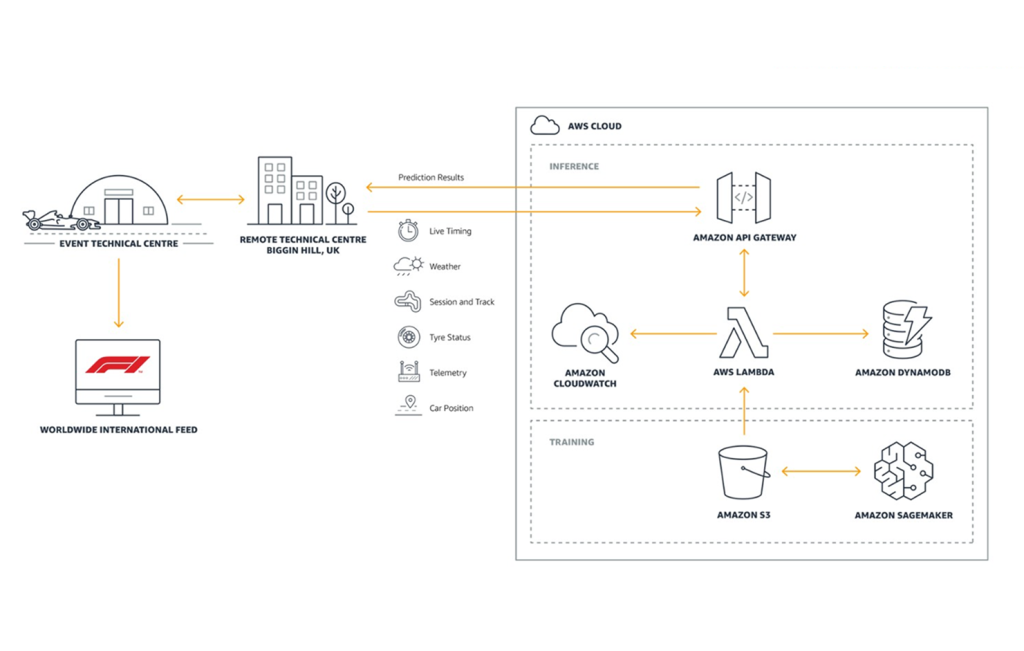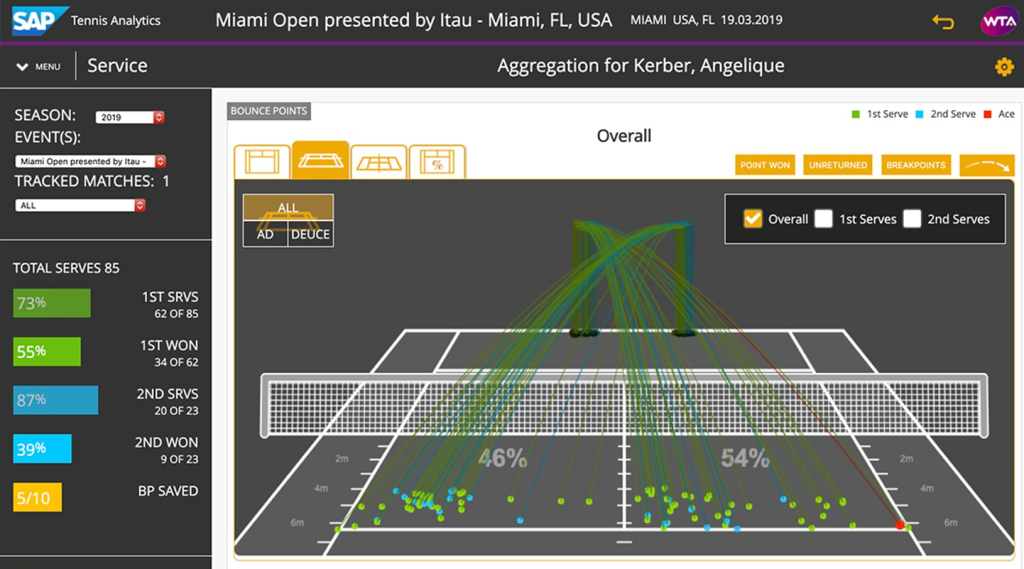Programas con titulaciones oficiales en Panamá, Colombia, Ecuador y México y convenios con UMECIT, IPIA y Fundación Universitaria Los Libertadores.
Intensive programmes
Extracurriary programs focused on bringing the world closer to the youngest of technology: programming, artificial intelligence, electronics, video games, cybersecurity, etc...
Big Data has become a much-used term, but its usefulness in the real world is not always clear. In sports, its application is revolutionising the way in which athletes' performance is analysed and their training and competition methods are adapted.
From the massive collection of data to the moment of its interpretation with advanced algorithms, Big Data is transforming both the work of professionals and the user experience of amateurs.
Carried out by Jorge Albert | Marco Aloisi | Alberto Yesares | Carolina Romano
Programme Software Development Engineering
Technologies ML | Cloud | AWS | Performance Analysis Systems | IMU | GPS | GPS
La evolución que ha sufrido el mundo del deporte le ha llevo a alcanzar niveles de exigencia física, técnica y táctica sin precedentes. Diferentes disciplinas requieren deportistas cada vez más entrenados y precisos, por lo que poder detectar las diferencias clave en el rendimiento requiere herramientas más complejas.
La transformación deportiva ha hecho imprescindible el uso del Big Data como herramienta de análisis avanzado, ya que es capaz de ofrecer información detallada en tiempo real y optimizar el rendimiento de atletas y equipos técnicos.

The use of Big Data varies according to the sports to which it is applied:
En competiciones más técnicas y de alta precisión, el uso del Big Data permite hacer todo tipo de pronósticos avanzados y dar avisos de factores que se desvían de la norma en tiempo real, mientras que en otros ámbitos representan los datos de forma visual e intuitiva, facilitando su interpretation y convirtiéndose en una herramienta de apoyo que reduce la complejidad.

Gracias a su capacidad para transformar grandes volúmenes de datos en información útil y accionable, el Big Data se ha convertido en una herramienta clave para mejorar entrenamientos, prevenir lesiones, optimizar estrategias y ofrecer una experiencia altamente inmersiva al espectador.